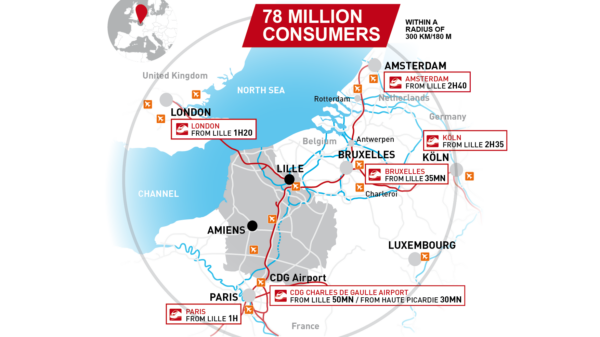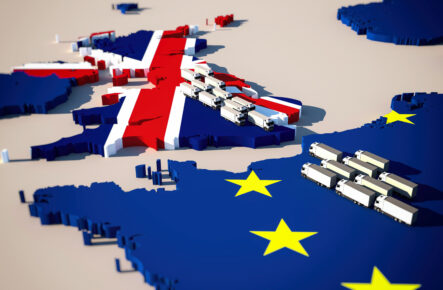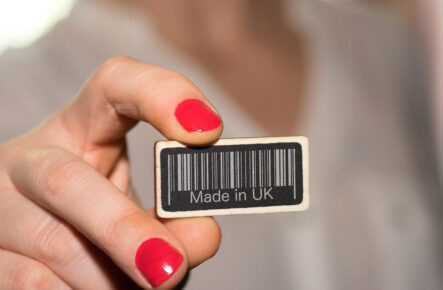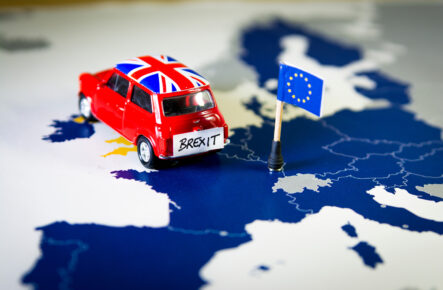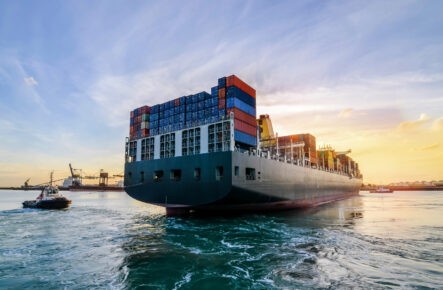An expert partner to help find the right solution to start or adapt your business in France
Whatever the size of your business and the sectors you operate in, it’s high time you set up a plan to deal with the consequences of Brexit. Nord France Invest (NFI), the investment promotion agency for Hauts-de-France, is here to help UK-based businesses eager to establish a foothold in Europe.
We can help you:
#1 Analyse your needs and priorities:
What’s the best location strategy to start your business in adequation with your goals?
#2 Sift through regulatory and industry data:
What’s the most efficient way to start a business in France? Average salaries? Real estate and energy costs? Other cost factors? We compile and source reliable, up-to-date data to help build your business model.
#3 Find the right location:
From coworking units to sites spanning hundreds of acres, and from Calais to the outskirts of Paris, Hauts-de-France offers a full range of real estate solutions to make your business a success.
#4 Cut through red tape:
We welcome new businesses, and can assist with everything from setting up a company to creating a bank accounts and obtaining local authorisations where needed.
#5 Get financial support:
Hauts-de-France offers a wide range of financial support and incentives to businesses, including tax exemptions, repayable advances and equity investments. In each case, we partner with you to help get the most out of the public funding on offer.
#6 Find your place in our regional ecosystem:
Because it’s so important to have access to the best local resources, our regional network puts you in touch with the right people to meet your needs: hiring, innovation, suppliers, subcontractors and more.
Find out what we can do for you:

